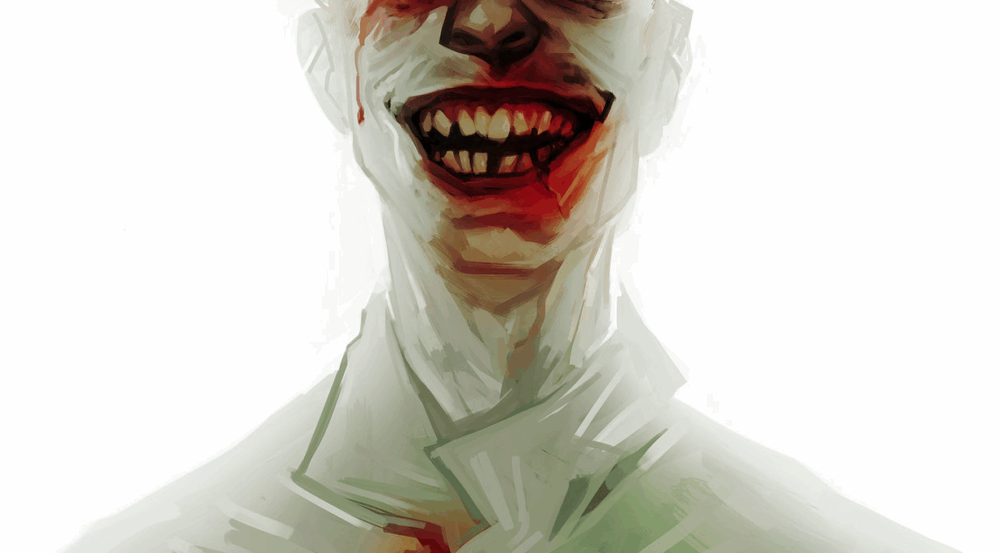Gannushkin’s Classification of Psychopathies
P.B. Gannushkin was a Russian and Soviet psychiatrist who dedicated his life to borderline psychiatry, especially the study of psychopathies (psychopathic constitutions, psychopathic personalities, pathological personalities, pathological characters, and character anomalies). Psychopathies are considered borderline states between mental health and pathology. In his monograph “The Clinic of Psychopathies: Their Statics, Dynamics, and Systematics,” Gannushkin described in detail the statics and dynamics of psychopathies. Here, we will focus on the statics, specifically the classification itself.
Main Groups of Psychopathies
- Cycloids
- Asthenics
- Schizoids
- Paranoids
- Epileptoids
- Hysterical Characters
- Unstable Psychopaths
- Antisocial Psychopaths
- Constitutionally Dull Psychopaths
Detailed Descriptions of Each Group
Cycloid Group
- Constitutionally Depressive Psychopaths: These individuals have a persistently low mood. Their worldview is shrouded in gloom, life seems meaningless, and they focus only on the dark side of things. They are natural pessimists, with the main features being unprovoked low mood, increased fatigue, and painful sensitivity.
- Constitutionally Excitable Psychopaths: Energetic and enterprising, these people respond quickly to new things and maintain a constantly elevated mood and high activity. They are easily fascinated, have diverse interests, and often act as informal leaders. However, their interests are unstable, and they may be prone to gambling or risky ventures. They handle life’s difficulties with ease.
- Cyclothymics: More common than the previous two types, these individuals experience repeated, wave-like shifts between states of excitement and depression.
- Emotionally Labile (Reactively Labile) Psychopaths: Characterized by emotional instability, lack of long-term attachments, vague interests, and difficulty keeping promises. They struggle to express, form, and maintain attachments in their behavior.
Asthenic Group
- Neurasthenics: Marked by painful sensitivity, sometimes to the point of hypochondria regarding their own physical sensations. They are overly concerned about their physical and mental health, with excessive nervous excitability and irritability on one hand, and exhaustion and fatigue on the other.
- Psychasthenics: Their main traits are extreme indecisiveness, timidity, and a constant tendency to doubt. Highly impressionable, not only to what is happening around them but even more so to what they think might happen. They lack internal resources for decision-making and compensate by relying on external aids, even making personal decisions based on outside input.
Schizoid Group
Schizoids are mainly characterized by autistic detachment from the external, real world, a lack of internal unity and consistency in their psyche, and a peculiar paradoxical nature of their emotional life and behavior. They often come across as strange and unpredictable.
- Dreamers: Usually sensitive and easily hurt, with weak willpower. Due to their delicate mental organization, they struggle with the harshness of real life, often withdrawing into themselves and compensating for real-life disappointments through their dreams. Their fragile nervous system links them to asthenics, while their detachment and immersion in dreams blur the line between them and schizoids.
Paranoid Group
- Paranoids: Prone to forming overvalued ideas, they seem self-centered and judge others according to their own beliefs. They are demanding, harsh, vindictive, capricious, and irritable. The most characteristic feature is their tendency to develop dominant overvalued ideas, especially about their own significance.
- Fanatics: These are people who passionately devote their entire lives to a single cause or idea, leaving no room for other interests. Like paranoids, they are people of “overvalued ideas,” but unlike paranoids, they do not put themselves at the center and more selflessly dedicate themselves to broader ideas.
Epileptoid Group
Key features include emotional outbursts, sticky emotional states, and moral defects. These individuals are extremely irritable, sometimes to the point of uncontrollable rage, and experience mood disturbances (such as melancholy, fear, or anger). They also display pronounced moral defects (antisocial tendencies). Typically, they are very active, one-sided, intensely driven, passionate, sensation-seeking, persistent, and even stubborn.
Hysterical Character Group
- Hysterics: The main features are a strong desire to attract attention at any cost and a lack of objective truthfulness, both toward others and themselves (distortion of reality).
- Pathological Liars: When the need for attention combines with an overactive, immature imagination and pronounced moral defects, the result is this type of psychopathy.
Unstable Psychopath Group
Mostly these are people who are neither “hot” nor “cold,” lacking strong interests or deep attachments. They are often pleasant companions and sociable, but get bored when alone. They cannot act without a role model, lack established behavioral patterns, and are dependent on those around them. They are easily inspired but just as easily lose interest, rarely finishing what they start, especially if left to themselves. Their disorderliness, carelessness, and especially laziness often annoy others.
Antisocial Psychopath Group
These psychopaths are most notable for their pronounced moral defects. Crime is the activity that best suits their inclinations; they are often incorrigible and prone to repeat offenses. Many become true “enemies of society,” retaliating against societal restrictions. They develop a passion for breaking the law, which only grows with the danger involved. Crime becomes their favorite activity, and they develop special skills and a sense of professional pride.
This group is broad and diverse. Besides the main type, which resembles epileptoids (crude, cruel, and malicious people), there are also “cold,” soulless rationalists, similar to schizoids, who use their intellect to justify and explain their “bad” actions.
Constitutionally Dull Group
These are people who are congenitally limited, unintelligent from birth, and blend into the group of those with congenital intellectual disabilities (idiocy, oligophrenia). They have reduced intellect and may succeed if they choose an average role model. They tend to be sanctimonious and pedantic, with routine, commonplace opinions.
Constitutionally limited psychopaths are always conservatives; out of self-preservation, they cling to the old and familiar, fearing anything new. Such people may do well in school (often having good memories), but when it comes to applying knowledge in real life or showing initiative, they prove to be completely unproductive.



